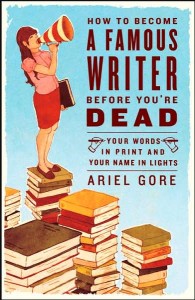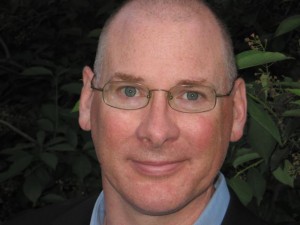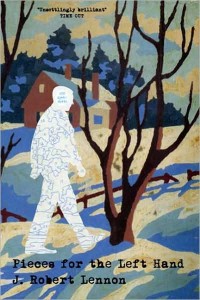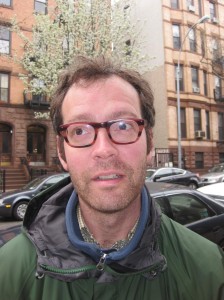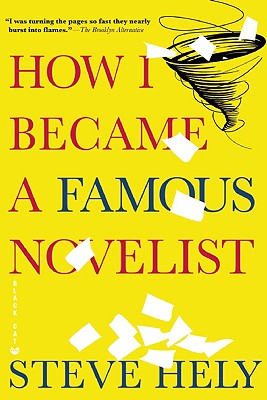Dispatch From Bread Loaf #4: What I Learned from Ann Hood
by Celeste Ng
With all the posts on lectures and readings, you may be surprised to hear that we had any time to workshop at the conference at all. I was very lucky to be in Ann Hood’s workshop, as Ann offered specific concrete approaches to thinking about plot, theme, tension, and all of those nebulous concepts fiction writers have to deal with. We had a lot of novel excerpts in the class, so much of the workshop discussion focused on issues of the novel rather than the short story—a change from the norm. Fellow Bread Loafer Eugene Cross has written an account […]



